Computing
The national curriculum for computing aims to ‘equip pupils to use computational thinking and creativity to understand and change the world. Computing has deep links with mathematics, science, and design and technology, and provides insights into both natural and artificial systems. Computing also ensures that pupils become digitally literate – able to use, and express themselves and develop their ideas at a level suitable for the future workplace and as active participants in a digital world.’ (Ref: DFE-00171-2013)
Intent
We want our pupils to be successful members of society, who know how to use digital devices and the internet safely and appropriately. With the modern world having more of a focus on digital advances, we believe ‘computational thinking’ is a skill children must be taught so that they are able to participate effectively, successfully and safely in the digital world. Pupils should develop their skills and knowledge of using computers, IPads, programmable robots, and other digital devices including AAC resources. These devices should support pupils to develop their independence and organisational skills, enhance deeper thinking and engage and challenge pupils in the computing curriculum as well as throughout all subjects in the curriculum in a creative way. Our computing curriculum is based on the National Curriculum and modified to ensure all pupils can access learning and make positive points of progress. Using the internet safely is a key focus that is taught to all pupils, starting in EYFS and developed at ‘stage’ and ‘age’ appropriateness throughout Key Stage 1 and Key Stage 2.
Implementation
We have specific computing lessons to learn about all areas of the computing curriculum, including Computer Science, Digital Literacy, Information Technology and Online Safety. Each main area is a key focus for a full term and Schemes of Work are created and followed to ensure coverage of skills and progression. Computer science involves understanding algorithms, creating and debugging computer programs, using logical thinking and understanding how computers work. Information technology includes learning to use technology purposefully to create, organise, store, manipulate and retrieve digital content. Digital literacy is taught so that pupils use technology safely, respectfully and responsibly as well as the ability to use digital technology, communication tools or networks to locate, evaluate, use and create information.
Online safety is taught throughout the full computing curriculum as well as through discrete lessons focusing on internet
safety.
In order to allow pupils to remember key skills, we revisit prior learning areas and build on them throughout their time at Benton Dene School. As well as discrete computing lessons, we encourage skills and knowledge to be used and applied in other subjects, for example, pupils might complete their English lesson by word processing their Talk4Writing stories. They might use the internet as a research tool for finding facts in history. They might use the iPad to record and present information in Science etc. In house CPD sessions are regularly on offer to support staff subject knowledge. Online safety is a key focus in all of our safeguarding CPD sessions.
Impact
Pupils will leave Benton Dene School with a greater understanding of how to use digital devices and understand how they link with general life as well as support them in future employment and enjoyment. Pupils will have acquired a set of skills to allow them to be safe citizens and have the knowledge of what to do if incidents happen when using the internet.
At the end of each academic year, pupils will have at least 12 pieces of evidence in their computing books that show the
progress they have made. They will also have an updated ‘general computer skills booklet’ showing progress made and
next steps in learning.
Staff will have attended various CPD sessions to develop their understanding and use of computing in order to deliver
strong computing lessons.
Red 4 have been creating their own videos from photographs they've taken themselves. They used the app Splice and added narration, transitions and music. Here are a couple of examples.





























